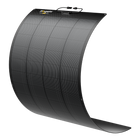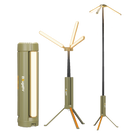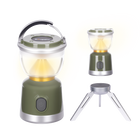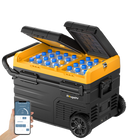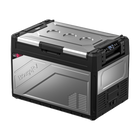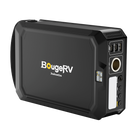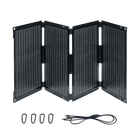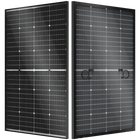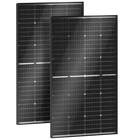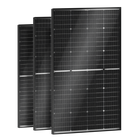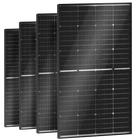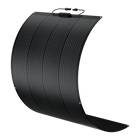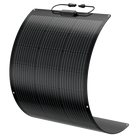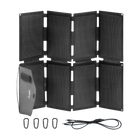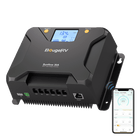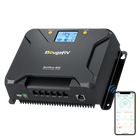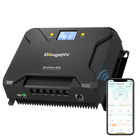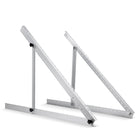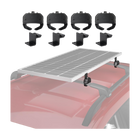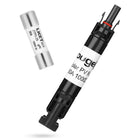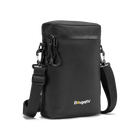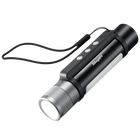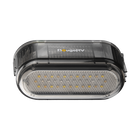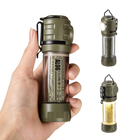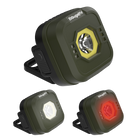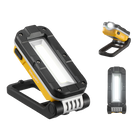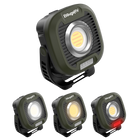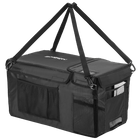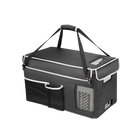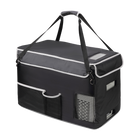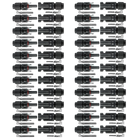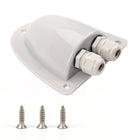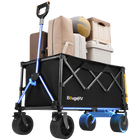How to Calculate Watt-Hours: A Handy Blog for Everyone!


Have you ever found yourself wondering what watt-hours are all about and how you can calculate them? Whether you're trying to figure out how long your camping battery will last or you're just curious about the energy consumption of your household appliances, understanding watt-hours is super helpful. And guess what? You don't need to be a rocket scientist to get it! Let's break it down together in this easy-peasy guide.
Watt’s Up with Watt-Hours?
First off, let's get our basics straight. When we talk about watt-hours (Wh), we're looking at a unit of energy. It tells us the amount of power (in watts) that's used over a specific period (in hours). Think of it as the energy currency for powering up all sorts of stuff, from your smartphone to your fridge.
Why Should You Even Care?
Knowing how to calculate watt-hours can give you some pretty cool insights. For instance, if you're planning to buy a portable power station for your next adventure, understanding watt-hours will help you choose one that'll keep your devices charged for the entire trip. Or maybe you want to cut down on your electricity bills — figuring out which appliances are the energy hogs can lead to smarter, more cost-effective decisions.
The Simple Math Behind Watt-Hours

Calculating watt-hours is like riding a bike – once you get the hang of it, it's a breeze. Here's your straightforward formula:
Watt-Hours (Wh) = Power (W) x Time (h)
Let's put this into practice with an example. Suppose you have a 60-watt light bulb that you keep on for 3 hours. Using our handy formula:
60 watts x 3 hours = 180 watt-hours
There you go! That light bulb uses 180 Wh of energy.
Digging Deeper: Kilowatt-Hours
Sometimes, watt-hours can sound minuscule, especially when dealing with larger energy consumers like your home. This is where kilowatt-hours (kWh) come into play. One kilowatt-hour is simply 1,000 watt-hours. Utility companies bill you based on kWh, so it's useful to understand this conversion.
Let’s say your air conditioner runs at 2,000 watts and you run it for 5 hours. Convert watts to kilowatts by dividing by 1,000:
2,000 watts / 1,000 = 2 kilowatts
Now, multiply by the number of hours:
2 kilowatts x 5 hours = 10 kilowatt-hours
Your AC used 10 kWh of energy during those sweltering hours.
Battery Capacity and Watt-Hours

Battery capacity is commonly expressed in watt-hours. It's a great way to compare batteries and figure out which one will meet your needs. To find out how long a battery will last, you'll divide its capacity by the wattage of the device it's powering.
Imagine you've got a battery rated at 1280 Wh, and you’re powering a portable electric blanket that requires 100 watts. Your battery should theoretically last:
1280 Wh / 100 W = 12.8 hours
Please note that temperature and battery age can affect actual performance, but this gives you a ballpark idea.
Estimating Your Energy Consumption

Curious about your household's energy use? Check out the labels on your appliances for their wattage. Add up the wattage of everything that's plugged in, multiply by the hours they're used per day, and convert to kWh. Voilà! You now have a rough estimate of daily energy consumption.
If labels are missing, fear not – wattage meters are available that can measure the power consumption of any appliance directly from the outlet. They're a nifty tool for the energy-conscious folks.
Becoming Energy Efficient
Now that you know how to calculate watt-hours, you can start making smarter choices about energy use. Replace energy-hungry appliances with more efficient ones, turn off gadgets that aren’t in use, and maybe even consider renewable energy sources like solar panels to reduce reliance on the grid.
Calculating watt-hours is also key in sizing up a solar power system for your home. Knowing your daily kWh usage can help determine how many solar panels you'll need to cover your energy needs. It's all about matching your consumption with the right supply.
Read More:
Can A Portable Power Station Run A Space Heater?
Can a Portable Power Station Run a Sump Pump?
Can A Portable Power Station Run A Coffee Maker?
Will an RV Fridge Run Off Battery While Driving?
A Few Tips and Tricks
- Always look for the average wattage if the power of a device varies during operation.
- Keep in mind that rechargeable batteries typically lose capacity over time, so factor in some buffer when calculating runtime for older batteries.
- Ensure appliances are well-maintained since worn-out ones can consume more power.
Final Thoughts
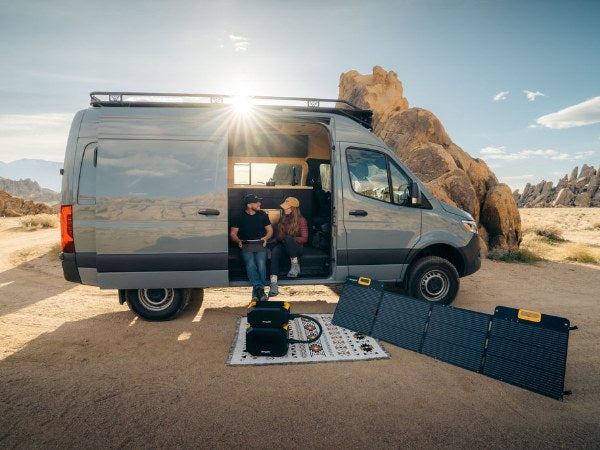
Well, there you have it – calculating watt-hours isn’t rocket science after all! With this knowledge, you're ready to tackle your energy needs head-on, whether you’re gearing up for outdoor adventures or looking to trim down those utility bills.
Remember, every watt-hour counts when it comes to energy efficiency and cost savings. So start crunching those numbers and see where you can make a difference. Your wallet (and the planet) will thank you!
Before you head out on your next adventure or look to spruce up your energy setup at home, explore our solar panels, portable power stations, portable 12V fridges, and more outdoor gear for camping, RV solar systems, and household use. Our top-notch products are designed to help you make the most of every watt-hour, allowing you to hit the road or power your home with confidence and an eye toward sustainability.





